With this interview with the Councilor for the Territory and Environment of the Sicilian Region On. Avv. Toto Cordaro, we at the Sicilian Pasta Academy wanted to clarify two topics that are much discussed today and of absolute topicality: the fear that Sicily could become the site to contain radioactive waste and the control of foreign grain entering Sicily potentially harmful to the health.
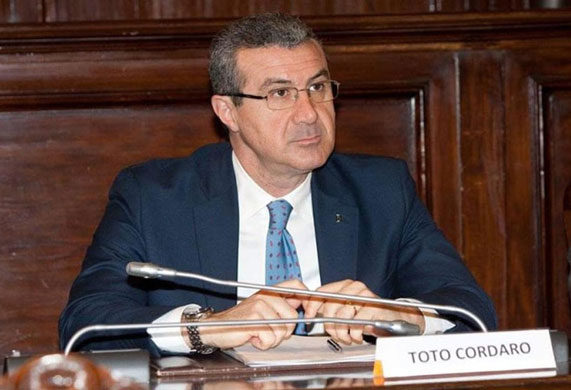
1. Hello Honorable, first of all I would like you to explain to all of us what it means today to be Councilor for the Territory and the Environment of the Sicilian Region.
It means working a lot, very often without interruption, due to the fact that the delegations entrusted to this department are very delicate and are, in essence, three: the delegation that deals with the protection of environmental planning, including parks, the reserves, the maritime state property and everything related to the protection of the territory; the delegation to town planning, and therefore, the planning and protection of the urban structure; finally, the delegation to the Forestry Corps, which in the summer season assumes responsibility for forest fire prevention and, net of the judicial police activities (anti-poaching, anti-busivism and control of grains arriving from non-EU countries) in this phase of the pandemic has also exercised check on arrival at ports, airports.
2. Entering into the merits of the problem of the request for nuclear sites by the national government, it is a problem that has sparked a strong debate not only in politics but also among all concerned Sicilian citizens. Please clarify what is happening.
Legislative decree 31 of 2010 determined the need to build and use a single national radioactive waste deposit and the related technology park. The issue becomes absolutely priority and decisive because a European infringement procedure has been activated against Italy.
Currently in our country radioactive waste is stored in about twenty provisional sites, none of which is suitable for disposal.
Therefore, by reason of this legislative decree 31/2010, the Ministry of Economic Development and the Ministry of the Environment have entrusted SOGIN, Nuclear Plants Management Company, which is a public company, to draft the so-called CNAPI, i.e. the Charter National of Potentially Eligible Areas. This Charter was created through the indications and studies carried out on behalf of the national government by ISPRA, the Higher Institute for Environmental Protection and Research, and the IAEA, i.e. the International Atomic Energy Agency. The standards that the potentially suitable sites had to have were determined, through the criteria set out in the technical guide number 29 of ISPRA. Among these characteristics, there are some that are considered essential and that “ictu oculi” conflict with the Sicilian territory, because, for example, as regards geological stability, we know very well that Sicily is a region, unfortunately, subject to severe instability hydrogeological. Again, the protection of the deposit from extreme weather conditions: I am thinking of the Madonie Park, one of the sites identified, in the area between Petralia Sottana and Castellana Sicula where it is known that temperatures can be very rigid in winter and very hot in summer.
But I still think of the absolute contradiction of setting up the single waste deposit in regions where there are Unesco sites. Sicily has seven Unesco sites and has had the recognition of two Unesco Geo Parks, one of which is the Madonie Park.
Another absolutely decisive argument concerns the danger associated with transport for the disposal of radioactive waste. Considering that 70 percent of this waste is located in the North, to store it in Sicily it would have to go through the whole of Italy; not only that, but one of the most recognized dangers of all is transport by sea. In Sicily they could only arrive from Genoa or Naples, rather than from Reggio Calabria via the sea; this too becomes an absolutely unsuitable indicator, indeed contrary to the deposit on our island.
There is also another thing to say.
This Charter, which was disseminated because the work of SOGIN was certified by the Ministry of the Environment and the Ministry for Economic Development, includes 67 potentially useful sites; of these 12 are considered very interesting, 11 interesting, 44 less interesting. The four sites identified in Sicily are among the 44 least interesting. Therefore, this must make us stay alert, without however losing our sense of reality.
It is also quite absurd that the identification of the 67 potential sites took place not through inspections or inspections, but exclusively through cartographic surveys: neither ISPRA nor IAEA imagined coming to Sicily to ascertain the real state of the places. .
That said, the procedure foresees, after the communication, which took place on the night between 4 and 5 January, two phases: one, lasting two months, within which the Regions and local authorities concerned must refute the government’s proposal, that is, they must prepare a document to substantially demonstrate that, in our case, Sicily, and especially the territories of Trapani, Calatafimi, Segesta, Butera, Petralia Sottana and Castellana, are absolutely unsuitable for the deposit. Once these 60 days have elapsed and the counter-arguments have been sent, the so-called national seminar opens, that is, the confrontation between the national government and local authorities opens, to then arrive at the identification of the site for the single national deposit. Considering that this issue was raised on January 5, on January 7 President Musumeci immediately convened an extraordinary council with a single point on the agenda: on that occasion we voted on a council resolution that determines the position of absolute opposition of the government of the region with respect to the possibility that the waste deposit can be allocated in Sicily. In the same deliberative act it was decided to set up a working group, chaired by the regional councilor for the Environment, technically coordinated by the president of the CTS, the Specialized Technical Commission for environmental support Aurelio Angelini and composed of the president of the Parliamentary Environment Commission ‘Mr Savarino, by the mayors of Castellana, Petralia, Trapani, Calatafimi and Butera. Four professors from the universities of Palermo, Catania, Messina and Enna with specific skills on the subject will also be part of this working group.
This working group will take office today. We have also created a specific email: gruppostudio.cnapi@regione.sicilia.it, which can be sent by anyone who wants, from the individual citizen to the professional orders, from the committees that have been formed to local administrators and trade associations, requests of hearings and documents useful for the decision of the working group. Once the resulting evaluations have been made, the final document will be drawn up to be sent to the national government.
3. Now, hearing all that will happen, a simple citizen wonders why all this has come about; if the correct analyzes had been done first, would all this work have been avoided?
Good question! I answer by reporting a story that knows even more than the incredible. There was a municipality that asked to be the seat of the single national deposit, Trino Vercellese. A local authority in the province of Vercelli where the only Italian nuclear power plant was to be built. Well, Trino Vercellese, despite having requested it and possessing all the requisites, is not among the 67 sites identified.
4. You have found an excellent solution to a problem that certainly for us Sicilians was like an atomic bomb that exploded in our territory. To return, however, to its delegation on the entry of foreign wheat into our region, what exactly does the department do to defend us from foreign wheat which is often synonymous with mycotoxins and glyphosate?
The Sicilian Region uses its own body of judicial police, the Forestry Corps, which through informal communications conveyed by the personnel in the ports to the provincial inspectorates is in a position to “welcome” ships arriving from non-EU countries with potentially contaminated grains.
In this case, the intervention of the staff of the Forestry Corps, together with the technicians of the phytosanitary service of the Agriculture department avoids the danger that this grain can be used by Sicilian producers, destining it for pulping.
All this demonstrates, on the other hand, the strong will of the regional government to promote our Sicilian wheat, to promote our companies, to promote our pasta producers and to ensure that this is always a central theme on the agenda. of the Musumeci government, especially in times of pandemic: Sicilians must feed on Sicilian products.
We welcome exports, we welcome the marketing of our products in Europe and in the world; in this way our producers will have something to live and grow in the international market.

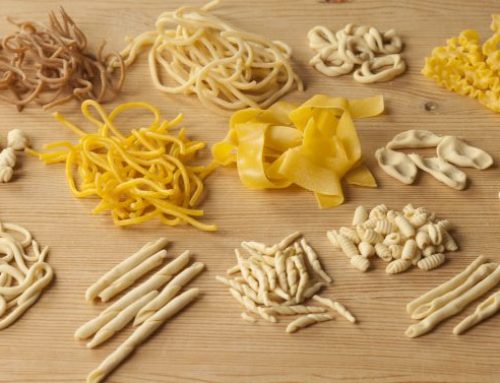
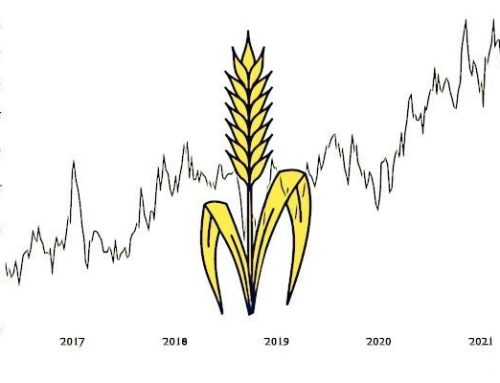
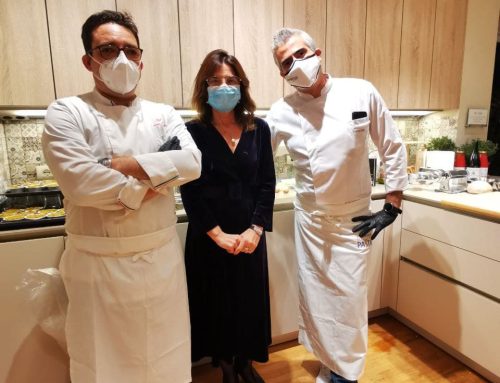

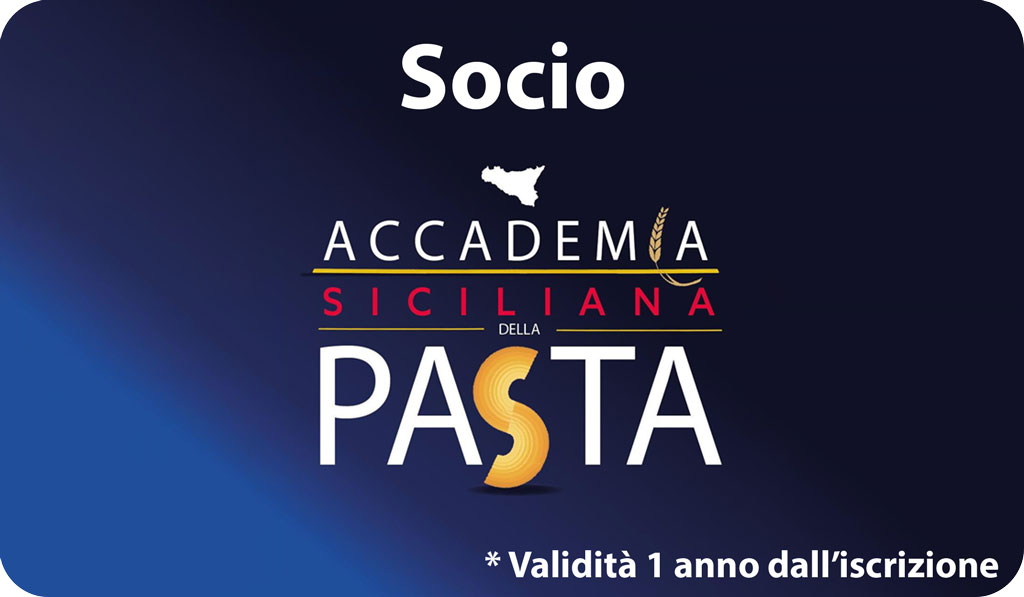
Leave A Comment